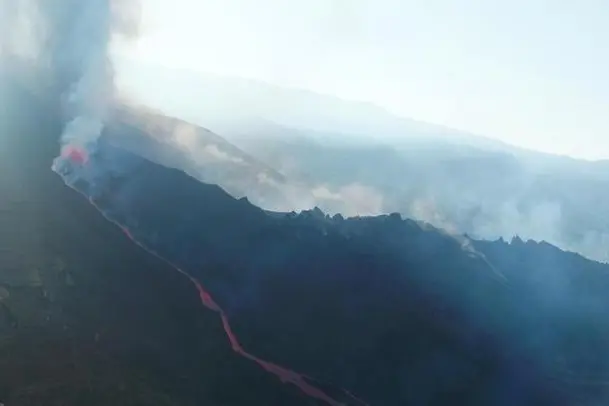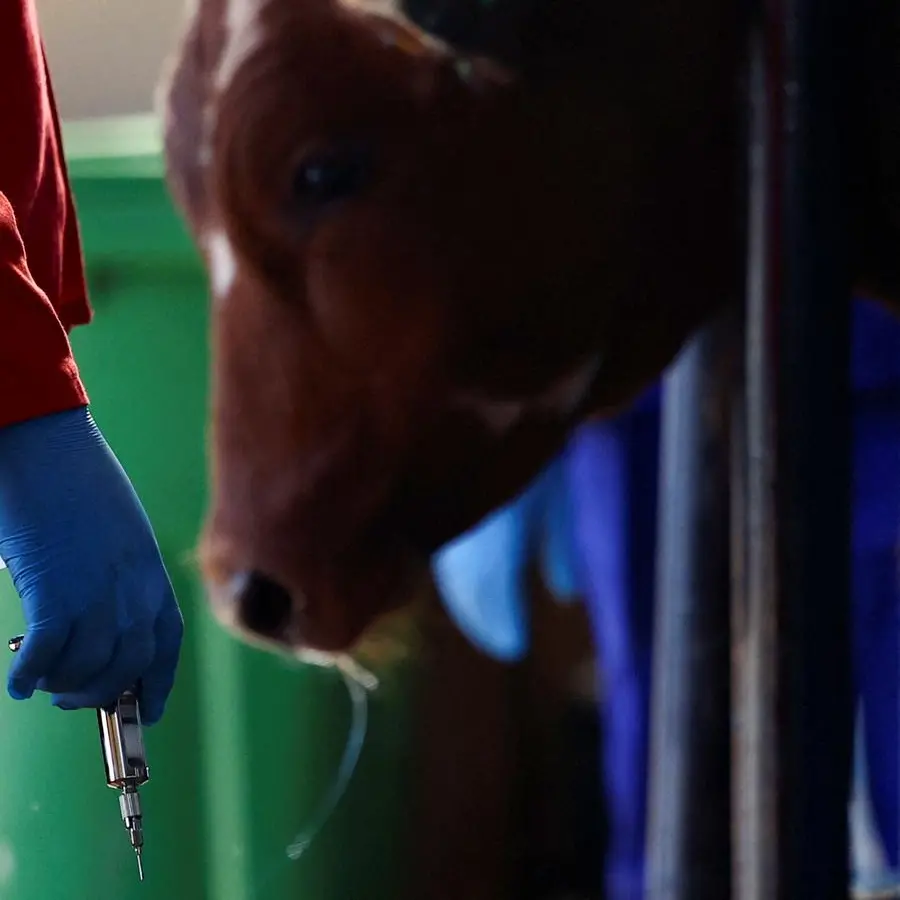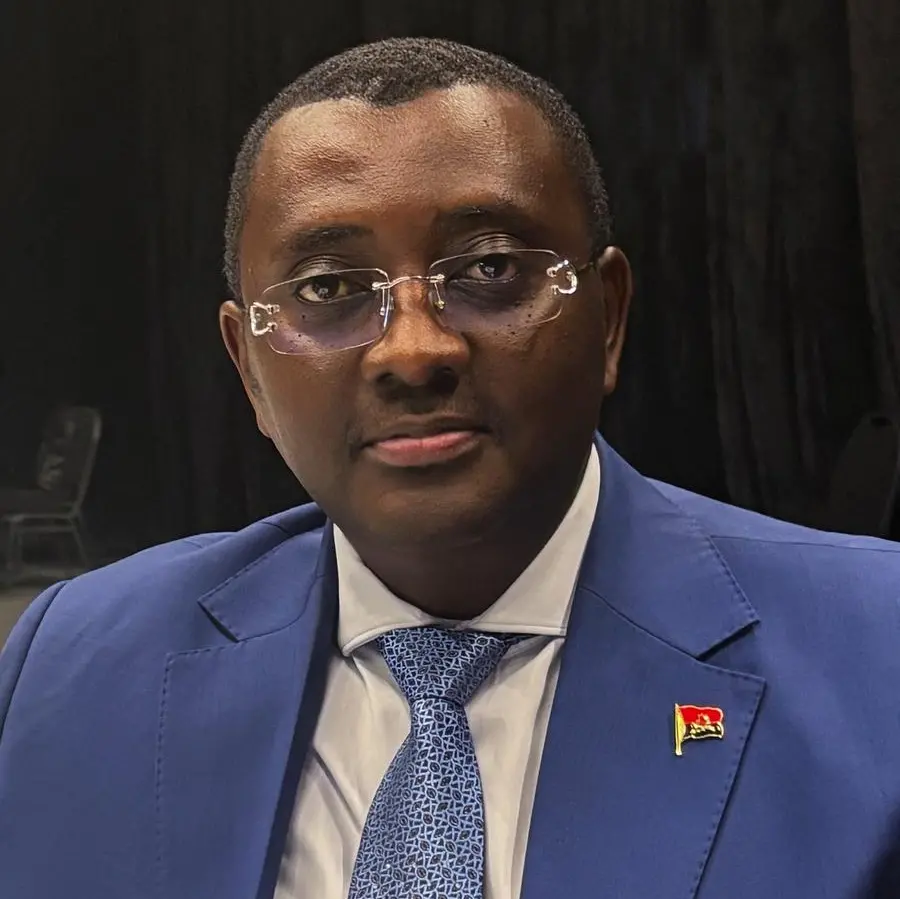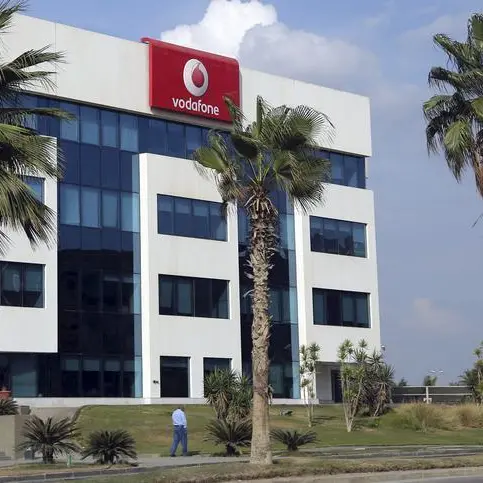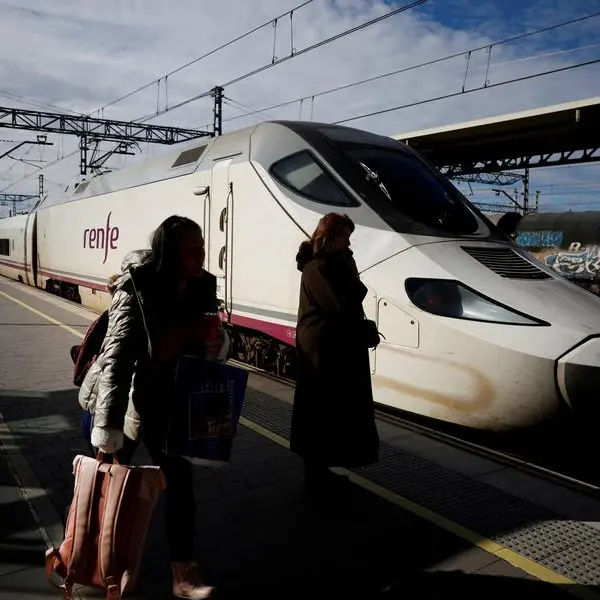PHOTO
LA PALMA, Spain - The volcano on Spain's La Palma has begun spewing lava and smoke again, researchers said on Monday after activity had earlier slowed to a near halt, while some coastal villages locked down in anticipation of the lava reaching the sea.
The Canary Islands' Involcan volcanology institute confirmed the renewed eruption via Twitter while Reuters witnesses saw a column of white smoke rising from the cone after several hours of calm.
Involcan and the National Geographic Institute had said earlier on Monday the explosions and tremors around the Cumbre Vieja volcano had slowed down but the calm was short-lived and the eruption resumed shortly before 11 a.m local time (1000 GMT).
Authorities locked down the coastal areas of San Borondon, Marina Alta and Baja and La Condesa where the superheated lava flow is expected to hit the Atlantic Ocean, likely triggering clouds of toxic gas and explosions.
"People must follow the authorities guidance and remain in their home with doors and windows closed," the Canary Islands emergency services said on their Twitter account.
Local airline Binter said it would resume flights to and from the islands on Monday afternoon if conditions remained favourable. The airport reopened on Sunday after a brief closure due to volcanic ash but all flights were cancelled.
After a new vent opened on Sunday, Reuters drone footage showed a river of red hot lava flowing down the slopes of the crater, passing over homes, and swathes of land and buildings engulfed by a black mass of slower-moving, older lava.
Since the volcano started erupting on Sept. 19, the flow of black lava has engulfed more than 230 hectares, the European Union satellite monitoring service Copernicus said, swallowing hundreds of houses as well as roads, schools, churches and banana plantations and forcing thousands to evacuate.
No fatalities or serious injuries have been reported, but about 15% of the island's banana crop could be at risk, jeopardising thousands of jobs.
La Palma, with a population of over 83,000, is one of an archipelago making up the Canary Islands.
(Reporting by Guillermo Martinez, Jon Nazca, Nacho Doce and Marco Trujillo in La Palma and Inti Landauro in Madrid; Writing by Inti Landauro and Nathan Allen Editing by Raissa Kasolowsky and Emelia Sithole-Matarise) ((Inti.Landauro@thomsonreuters.com;))
